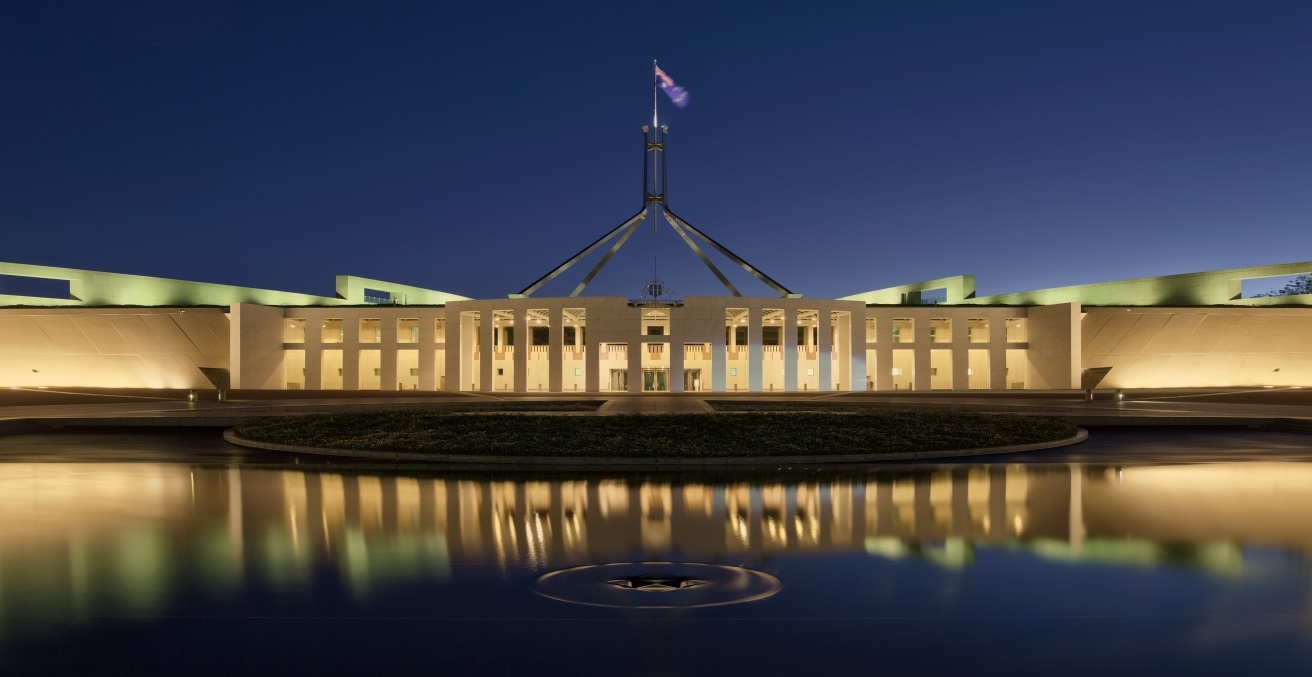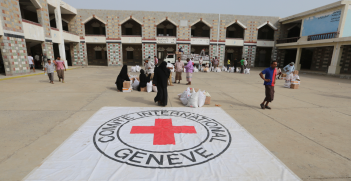25 January 2024: The Week in Australian Foreign Affairs

This week in Australian foreign affairs: new ambassadors appointed to ASEAN and WTO, cyber sanction powers in use, further sanctions against Hamas, a joint statement on Houthi attacks, and more.
On 20 January, Foreign Minister Penny Wong announced the appointment of Tiffany McDonald as Australia’s next Ambassador of Australia to the Association of Southeast Asian Nations (ASEAN). “McDonald is a senior career officer with the Department of Foreign Affairs and Trade and has previously served overseas as High Commissioner to Brunei Darussalam, and at diplomatic posts in France, Holy See, South Korea, the United Kingdom and Indonesia.” Australia will be hosting a Special Summit in March 2024 to Commemorate the 50th Anniversary of ASEAN-Australia Dialogue Relations.
Further appointments announced by Wong’s office include Silai Zaki as Australia’s next Consul-General in Chennai, Hugh Boylan as Australia’s next Consul-General in Kolkata, Paul Murphy as the next Consul-General in Mumbai, and Kate Chamley as Australia’s next High Commissioner to the Republic of Mauritius. Benjamin Hayes is to be the next Ambassador to the Republic of Poland, and will also be accredited to the Czech Republic and the Republic of Lithuania. Caitlin Wilson will be Australia’s next Ambassador to the Democratic Republic of Timor-Leste, and Will Robinson will be Australia’s next High Commissioner to the Independent State of Samoa. The High Commissioner to Samoa is also accredited to American Samoa.
On 24 January, James Baxter was named as Australia’s next Ambassador and Permanent Representative of Australia to the World Trade Organization (WTO) in Geneva.
Wong announced in a joint media release with Deputy PM and Minister for Defence Richard Marles and Minister for Home Affairs and Minister for Cyber Security Clare O’Neil on 23 January that Australia had “used cyber sanctions powers for the very first time on a Russian individual for his role in the breach of the Medibank Private network.” Russian citizen Aleksandr Ermakov stole “more than 9 million records of Australians, including names, dates of birth, Medicare numbers and sensitive information” in a 2022 attack which was then published on the dark web.
The sanctions include targeted financial sanctions and a travel ban. “This will mean it is a criminal offence punishable with up to 10 years’ imprisonment to provide assets to Ermakov, or to use or deal with his assets including through cryptocurrency wallets or ransomware payments.”
Also on the 23 January, Wong announced that “12 persons and three entities linked to Hamas, Hizballah and Palestinian Islamic Jihad” had also been sanctioned. These sanctions were undertaken in conjunction with the United States, United Kingdom, and European Union, and include Hamas leaders, financial facilitators, and persons who have provided training to terrorist operatives.”
Australia joined Bahrain, Canada, the Netherlands, UK, and US in a joint statement on 23 January announcing further strikes against 8 Houthi targets in Yemen. This was “in response to the Houthis’ continued attacks against international and commercial shipping as well as naval vessels transiting the Red Sea.” The targets included a “Houthi underground storage site and locations associated with the Houthis’ missile and air surveillance capabilities.” The Houthis have now conducted more than thirty attacks on international and commercial shipping since November 2023.
At a press conference in Canberra on 23 January, Wong was asked about Benjamin Netanyahu’s rejection of a two‑state solution. Wong reiterated that the government’s position had not changed, “any pathway to peace requires progress towards an independent Palestinian state, and that that is the best way to ensure peace and security and dignity for the Palestinian peoples and also for Israelis.”
Dr Adam Bartley is the managing editor for AIIA’s Australian Outlook and weekly columnist for The Week in Australian Foreign Affairs. He is a former Fulbright Scholar and resident fellow at the Elliot School for International Affairs, the George Washington University. Adam also has positions as post-doctoral fellow at the Centre for Cyber Security Research and Innovation RMIT University and as program manager of the AI Trilateral Experts Group. He can be found on Twitter here.
This article is published under a Creative Commons License and may be republished with attribution.





